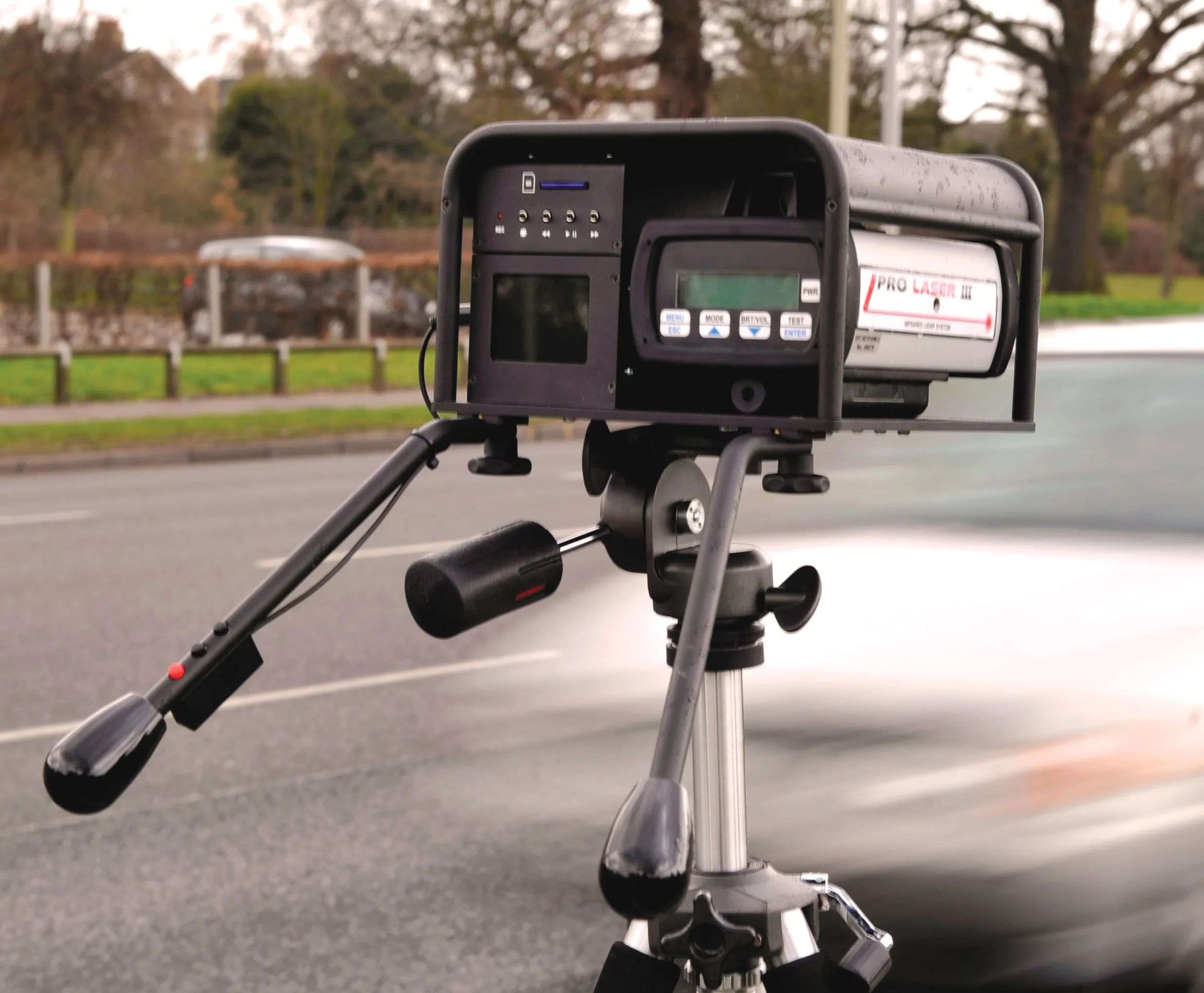Finnish capital Helsinki may introduce congestion charging by 2016. The plan would see drivers in the city being charged for using their vehicles at peak periods, although off-peak night-time driving would be free. Other European cities such as Swedish capital Stockholm, Norwegian capital Oslo and UK capital London already have congestion charging. Other UK cities including Manchester and Edinburgh have previously considered but rejected congestion charging schemes however.
March 5, 2012
Read time: 1 min
Finnish capital Helsinki may introduce congestion charging by 2016. The plan would see drivers in the city being charged for using their vehicles at peak periods, although off-peak night-time driving would be free. Other European cities such as Swedish capital Stockholm, Norwegian capital Oslo and UK capital London already have congestion charging. Other UK cities including Manchester and Edinburgh have previously considered but rejected congestion charging schemes however. In Finland the congestion charging system may be developed and expanded to extend beyond Helsinki and become a national tolling scheme.






